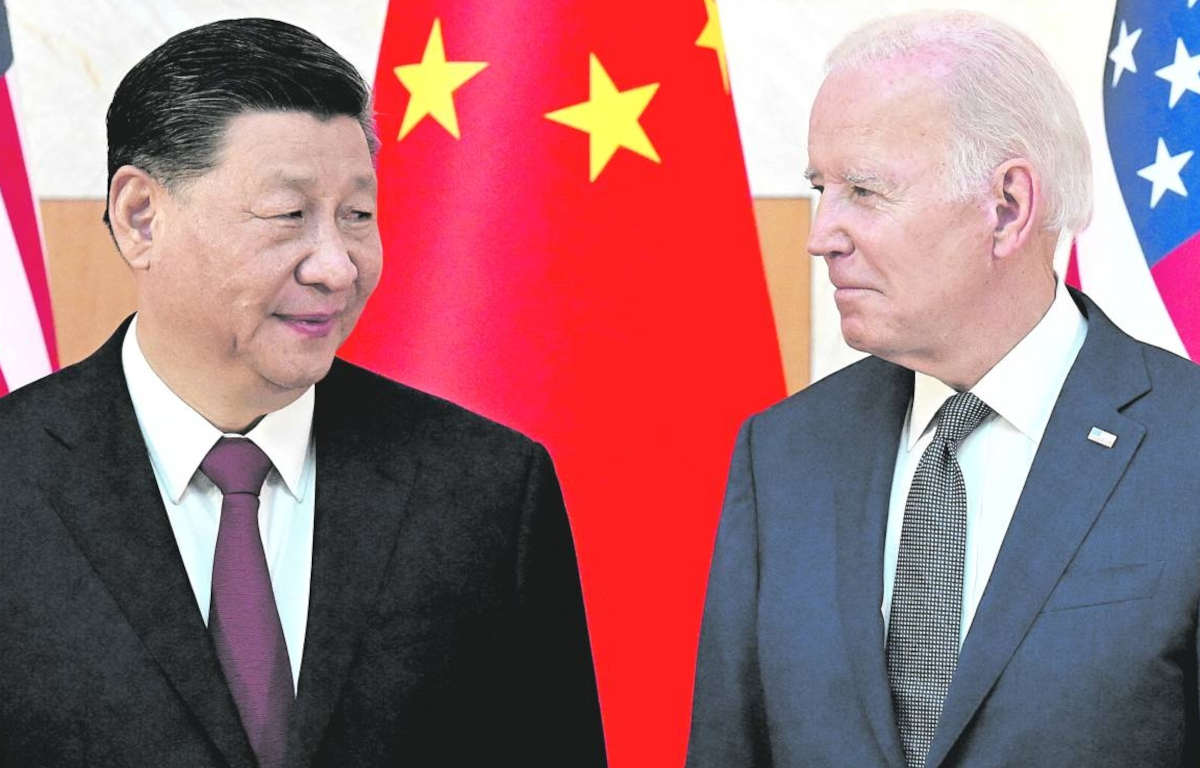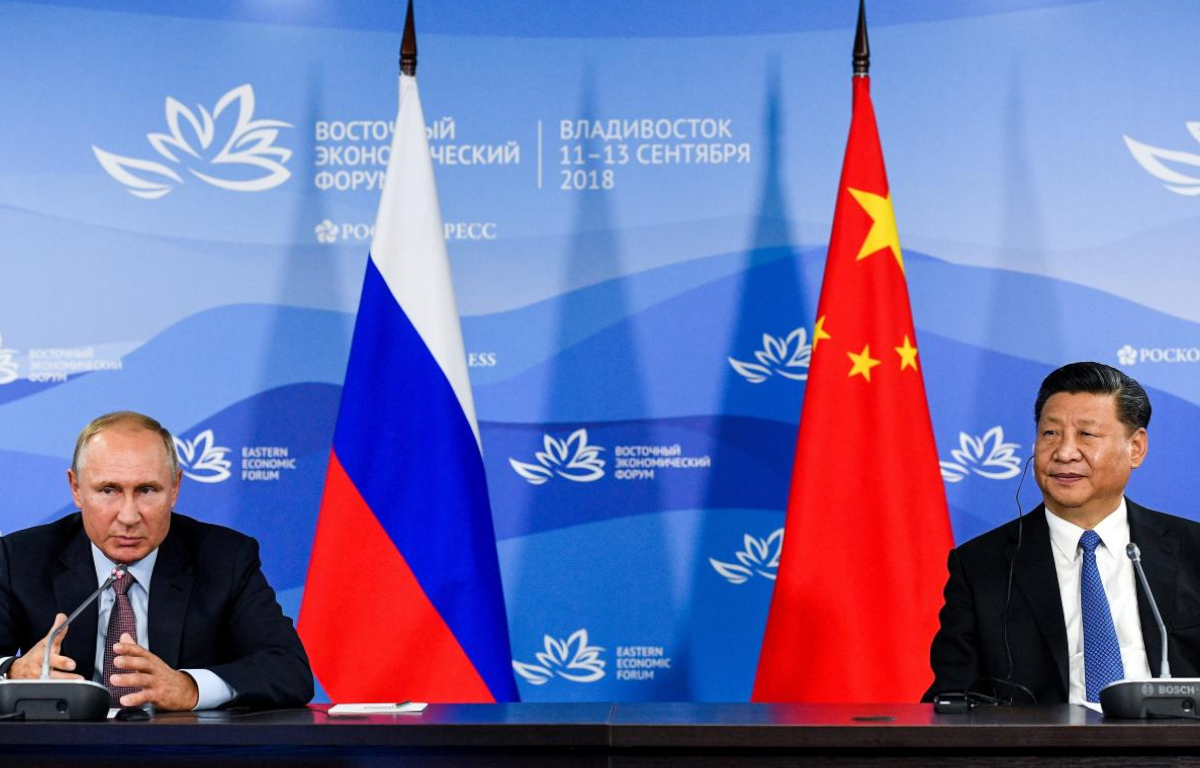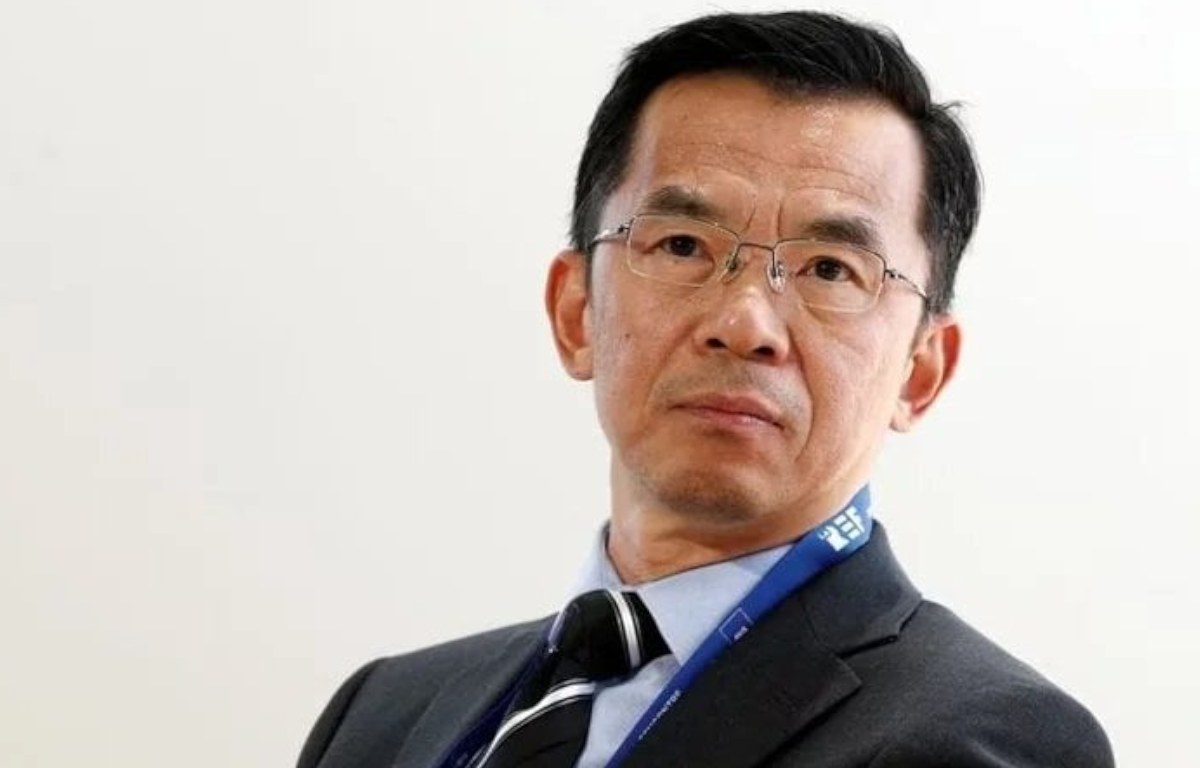
China, as one of the world’s superpowers, is constantly seeking to maintain a delicate balance in global geopolitics. The continuation of the Ukraine crisis offers China an opportunity to exert influence and leverage its diplomatic clout. By maintaining a certain degree of ambiguity and not openly advocating for a resolution, China can project an image of a mediator willing to engage with all parties involved. This enhances its reputation as a key player in global affairs.
Ukraine, located at the crossroads of Eastern Europe, holds significance for its energy transit routes. The country’s pipelines transport a substantial portion of Russian gas to Europe. China’s massive energy needs make it imperative to diversify its energy sources and routes. The prolonged crisis potentially disrupts the energy flow to Europe, prompting China to explore alternative energy partnerships and supply routes. This aligns with its Belt and Road Initiative (BRI), which seeks to create a network of trade and infrastructure connecting China to various parts of the world.
The Ukraine crisis has led to economic instability in the region, which can be seen as an opportunity by China. As traditional Western partners hesitate due to the crisis, China can step in with economic investments, trade deals, and infrastructure projects. This not only expands China’s economic footprint but also bolsters its influence in a region that has historically been dominated by Western powers.
China’s relationship with Russia is a significant factor in its stance on the Ukraine crisis. Both countries have been working to strengthen their strategic partnership, often as a counterbalance to the influence of Western powers. While China may not fully endorse Russia’s actions in Ukraine, it recognizes the importance of maintaining a strong diplomatic bond. By not actively pushing for a resolution, China avoids straining its relationship with Moscow and ensures continued cooperation on various global issues.
China has its own domestic issues related to sovereignty, particularly in regions like Taiwan and Tibet. By not advocating for a swift resolution to the Ukraine crisis, China avoids setting a precedent that might encourage international intervention in its own internal matters. This approach aligns with its principle of non-interference in the internal affairs of other countries.
China’s cautious approach to the Ukraine crisis reflects a complex interplay of its geopolitical ambitions, energy security goals, economic interests, diplomatic relationships, and concerns about setting unwanted precedents. While the world’s focus remains on resolving the crisis for the sake of global stability, it’s important to acknowledge that China’s stance is rooted in a broader strategic calculus. As events continue to unfold, the role of China in shaping the outcome of the Ukraine crisis will undoubtedly be a critical factor in the evolving dynamics of international relations.










Share this: